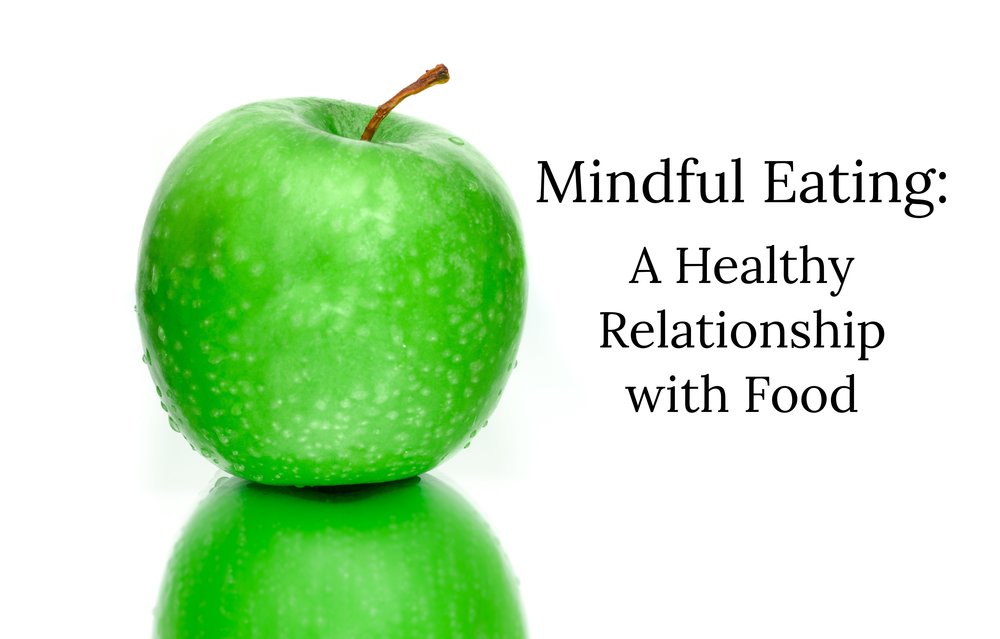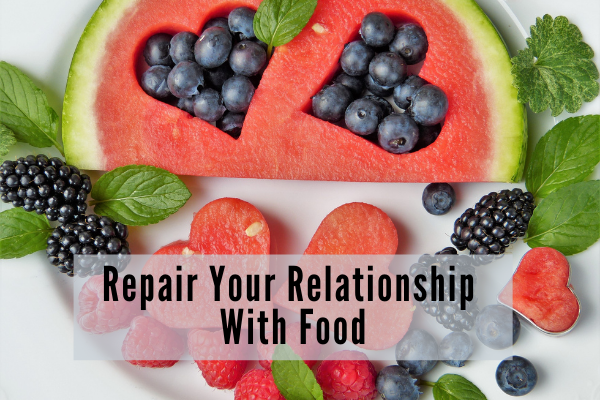As a creative, inspiration can be drawn from anywhere at any time. The inspiration for today’s piece comes from an Instagram story of a digital creator I follow; Nyonyozi Prim, who has been on a journey of the keto diet, and in this particular story she happens to talk about her relationship with food. At that moment realized that many of us do not even think about it or even know there is a relationship at all yet it is a very big determinant of the quality of life one lives.
Relationship!!! What are you talking about?
Are you one of those people wondering how relationship comes to be talked about in reference to food? I am here to break it down for you.
The English dictionary refers to the word ‘relationship’ as the way in which two or more people or things are connected. Among these things can be food. I want to acknowledge that as nutritionists we have not done enough to highlight the purpose of food aside from survival. Unlike animals that eat food solely for survival, humans eat food for a number of reasons including joy, pleasure, culture, tradition, socialization, as well as survival.
The food we put in our body matters, but how we think and feel about it even matters more because it impacts our overall well-being as much. A good relationship with food involves having an unconditional permission to eat the foods that make us feel good physically and mentally. This relationship that I talk about has absolutely nothing to do with the quality of your diet or the types of food you eat, but rather how and why you choose the foods you eat.
A poor relationship to food can be problematic as one can develop harmful habits and suffer from poor self-esteem. In extreme cases, one can develop eating disorders such as orthorexia, anorexia, bulimia, binge-eating, etc. When this happens too much focus is placed on one’s weight, body shape, and/or food consumption, which may result in undue mental and physical stress. Unfortunately, it can even be life-threatening.
Understand your relationship with food
The first place to understanding our relationship with food is being able to identify the signs and symptoms when things are seemingly getting out of hand. All of these signs don’t have to be experienced at the same time but they are an indication that one’s relationship with food may be going sour. here are some that I can point out;
- Eating makes you feel guilty and gives you constant anxiety.
- You avoid or restrict foods that are “bad” for you.
- You have developed a long list of dos and don’ts surrounding your eating.
- You rely on calorie counters or apps to tell you when you’re done eating for the day.
- You ignore your body’s natural hunger cues in fear of not doing your body ‘right’.
- You feel immense stress and anxiety when eating in social settings due to fear of what others may think of your food choices.
- You find yourself restricting and/or binging food.
A good relationship just like any other relationship doesn’t come in one click. While breaking the cycle is not easy, it takes patience, self-discovery, and proper guidance to cultivate a healthy relationship with food. Working with an experienced dietician/nutritionist or health coach can be helpful in repairing this relationship. I will share a few places where one can start but it will be more helpful if one journeyed with a health coach for lasting results.
How to cultivate a good relationship with food
Eat when hungry and stop eating when full
Every person is born with natural hunger and satiety cues. This is easily seen in children who can easily tell when they are hungry and when they are full, however as people grow, they begin to lose this ability for a number of reasons. In modern times, the diet culture has taught people to rely on an arbitrary number of calories to tell them when they’re done eating for the day instead of eating until they’re satisfied. Re-learning or practicing to listen to your natural hunger cues, proper and guided meal planning will be a good and better way to regulate your appetite and manage your food intake thereby cultivating a healthy relationship with food.

Eat mindfully
Mindful eating has become very popular when it comes to fixing people’s relationships with food. This involves eating at the moment and being fully present for the eating experience. As you eat, do away with all distractions, such as your phone, the TV, a book, etc, and take time to make gentle observations, such as the taste and texture of the food, how your hunger and fullness cues change, and your enjoyment of the food.
Learning to slow down and savor the food as you eat can help one learn which foods they genuinely enjoy and also become more in tune with your body’s natural hunger and fullness regulation. This also helps to identify the reasons for your food choices for example; Are you eating because you’re starving or eating anything in sight? Do you want to eat the food because you think it’ll make you feel better emotionally or physically or do you want to eat the latest food trend?
As you eat, you will be able to answer questions like these;
- How do I emotionally feel while I eat this? Does it bring me joy, guilt, anger?
- Has this food solved a problem like I may have thought it would?
- Was I actually hungry? If not, why did I decide to eat (e.g., emotional eating, cravings, boredom)?
Over time, these observations can help you identify the reasons for your food choices which is a way to begin the repair of this relationship.
Mind your plate
We need to get to a place where you can have your food and not have to justify your choices to yourself or anyone else. To have the freedom to live to your food choices. Many of us are constantly giving an explanation for our food choices to ourselves or others; for example, “I’m eating a cake because I had a bad day” or “I have to have a salad for dinner because I didn’t have time to exercise.” However, in this, you allow yourself to eat food that you feel is best for you at that very moment rather than an excuse for something.
Give yourself unconditional permission for your food choices
Like we saw earlier, one of the signs and symptoms of a bad relationship with food is when you create rules around when you can and can’t eat. Many times when this happens, you’re just setting yourself up for hunger, feelings of deprivation, and fear of food. However, giving yourself unconditional permission allows one to eat what they want to eat mindfully.
Do not restrict the foods you eat
The truth of the matter is that certain foods are more nutritious than others and contribute to improved health. Still, eating a single food isn’t going to miraculously affect your health in any way either; but ascribing a food as “bad” gives it unnecessary power. When you label a food as “bad,” you automatically put it on a pedestal. Usually, people call foods “bad” when they taste good and aren’t very nutritious (e.g., high in sugar, fat, salt). Yet, as soon as you tell yourself you can’t have something, the more the body will crave and want it which develops a mini rebellion in one’s body. This is the reason why many diets get so frustrating because it is so restrictive.
When you allow all foods into your diet, you’re in a better position to control your intake, as you know these foods are always available. Instead of branding a food bad, understand its role in your diet and regulate the portions/intake. However, restricting foods and believing they’re a rarity, you’re much more likely to overdo it and subsequently enter an endless cycle of guilt.
In conclusion
Relationship with food is personal, unique, and requires regular work to keep it healthy. Although it may seem impossible to fix your bad relationship with food, it’s possible to get regain control of food. To be in a state in which food no longer controls you but fuels your overall wellbeing.
Remember that food isn’t inherently good or bad, the labels we put on it that give it that power. A healthy, good relationship with food means welcoming all foods with no restrictions, seeing the value in food beyond calories, and remembering that your value as a human doesn’t need to be dictated by the food you eat.
Taking the first step to fix a bad relationship with food may look scary and difficult but well worth it in the long run.


